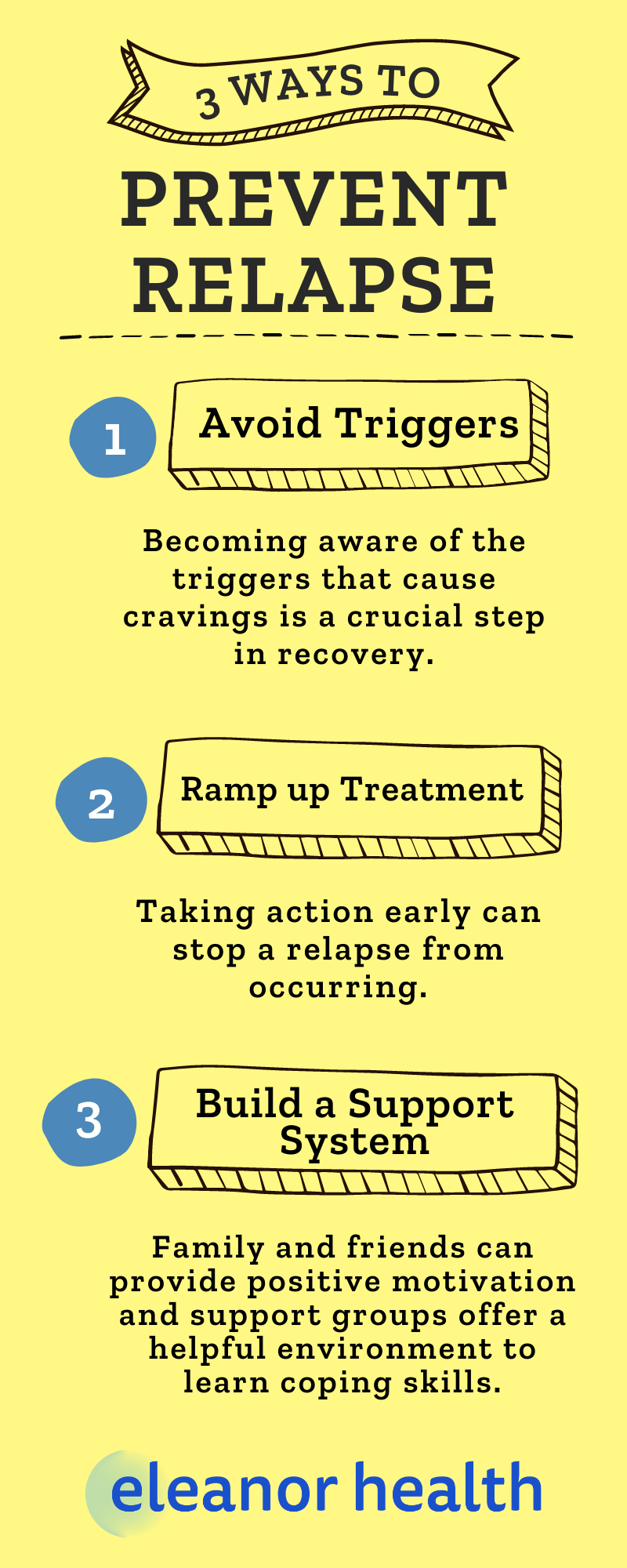Relapse is a common concern for individuals in recovery from addiction. It is important to have tools and strategies in place to prevent relapse and maintain sobriety. One effective tool that can be used is relapse prevention worksheets. These worksheets can help individuals identify triggers, develop coping skills, and create a plan for when they are faced with temptation.
By using relapse prevention worksheets, individuals can gain a better understanding of their vulnerabilities and learn how to navigate challenging situations without turning to substances. These worksheets provide a structured way to assess risk factors, identify warning signs, and develop strategies to prevent relapse.
Preventing Relapse Worksheets
One key component of relapse prevention worksheets is identifying triggers. By recognizing the people, places, and emotions that may lead to relapse, individuals can better prepare themselves for these situations. Worksheets can help individuals list their triggers and develop strategies to avoid or cope with them.
In addition to identifying triggers, relapse prevention worksheets can help individuals develop coping skills. These skills may include stress management techniques, healthy ways to deal with emotions, and strategies for handling cravings. By practicing these skills, individuals can build their resilience and reduce the risk of relapse.
Another important aspect of relapse prevention worksheets is creating a relapse prevention plan. This plan outlines specific steps that individuals can take when they are faced with temptation or triggers. By having a plan in place, individuals can feel more confident in their ability to maintain sobriety and navigate challenging situations.
Overall, relapse prevention worksheets are a valuable tool for individuals in recovery from addiction. By using these worksheets, individuals can gain insight into their triggers, develop coping skills, and create a plan for preventing relapse. With the right tools and strategies in place, individuals can increase their chances of maintaining sobriety and living a healthy, fulfilling life.
In conclusion, relapse prevention worksheets are an effective tool for individuals in recovery from addiction. By utilizing these worksheets, individuals can proactively identify triggers, develop coping skills, and create a plan for preventing relapse. With dedication and perseverance, individuals can successfully navigate the challenges of recovery and maintain sobriety.
